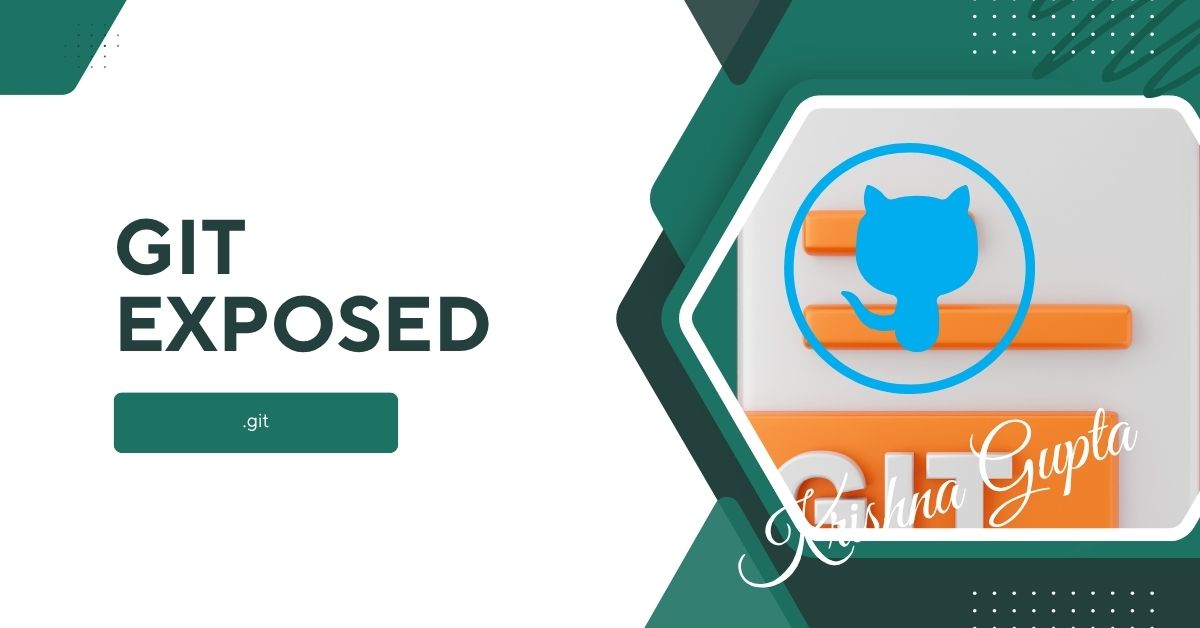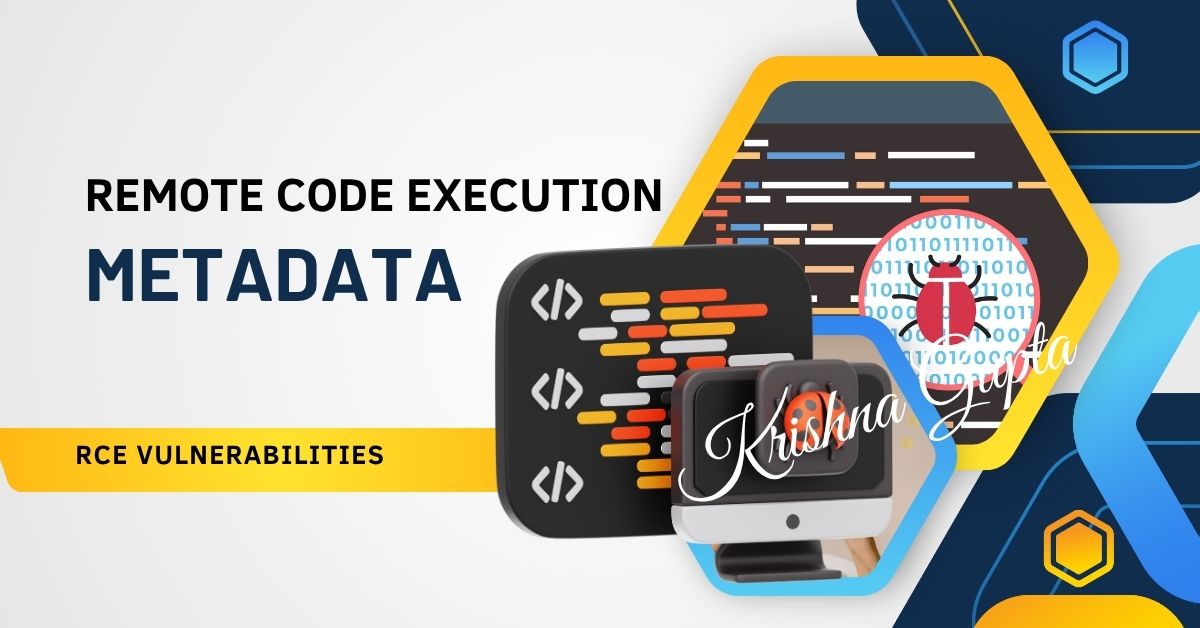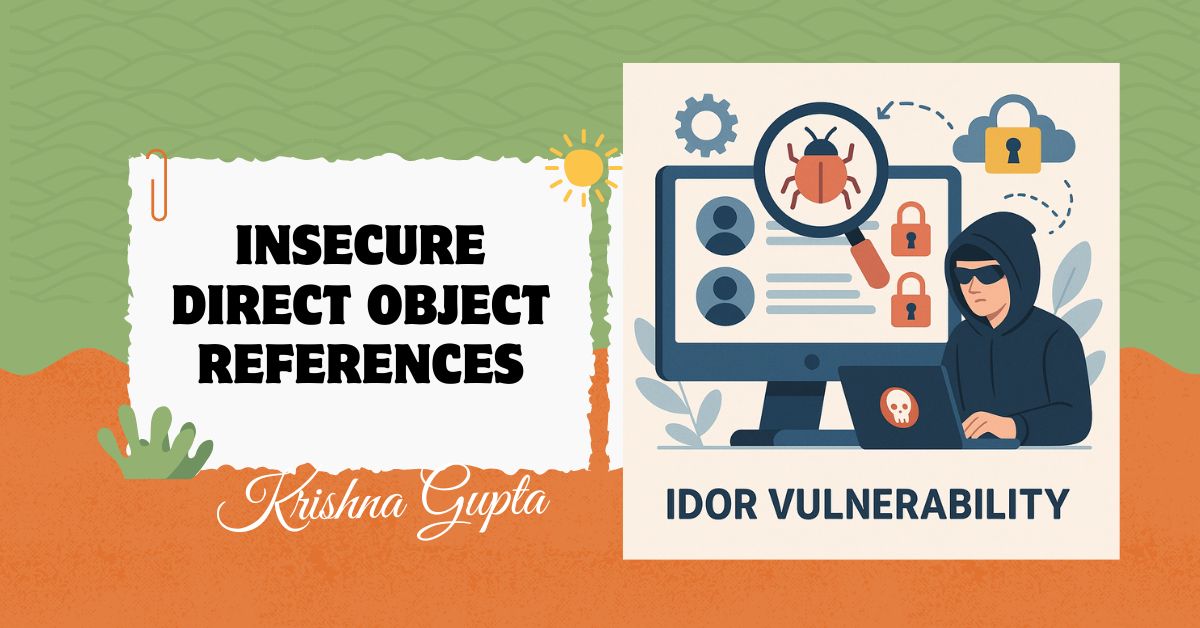Stealing AWS Credentials with a Redirect: A Cautionary Tale for Cloud Security
In the fast-moving world of cloud-native applications, Server-Side Request Forgery (SSRF) remains one of the most devastating vulnerabilities when left unaddressed. Particularly in environments like Amazon Web Services (AWS), an SSRF exploit can open the door to critical infrastructure compromise. Today, we examine a real-world attack scenario where an SSRF, combined with a clever redirection trick, led to the theft of AWS credentials — and how a single security best practice could have stopped it cold.
This blog is tailored for penetration testers seeking sharper skills and C-Suite executives responsible for strategic cyber risk management. We will delve into the attack chain, the business impact, preventative measures, and practical advice for leaders.




